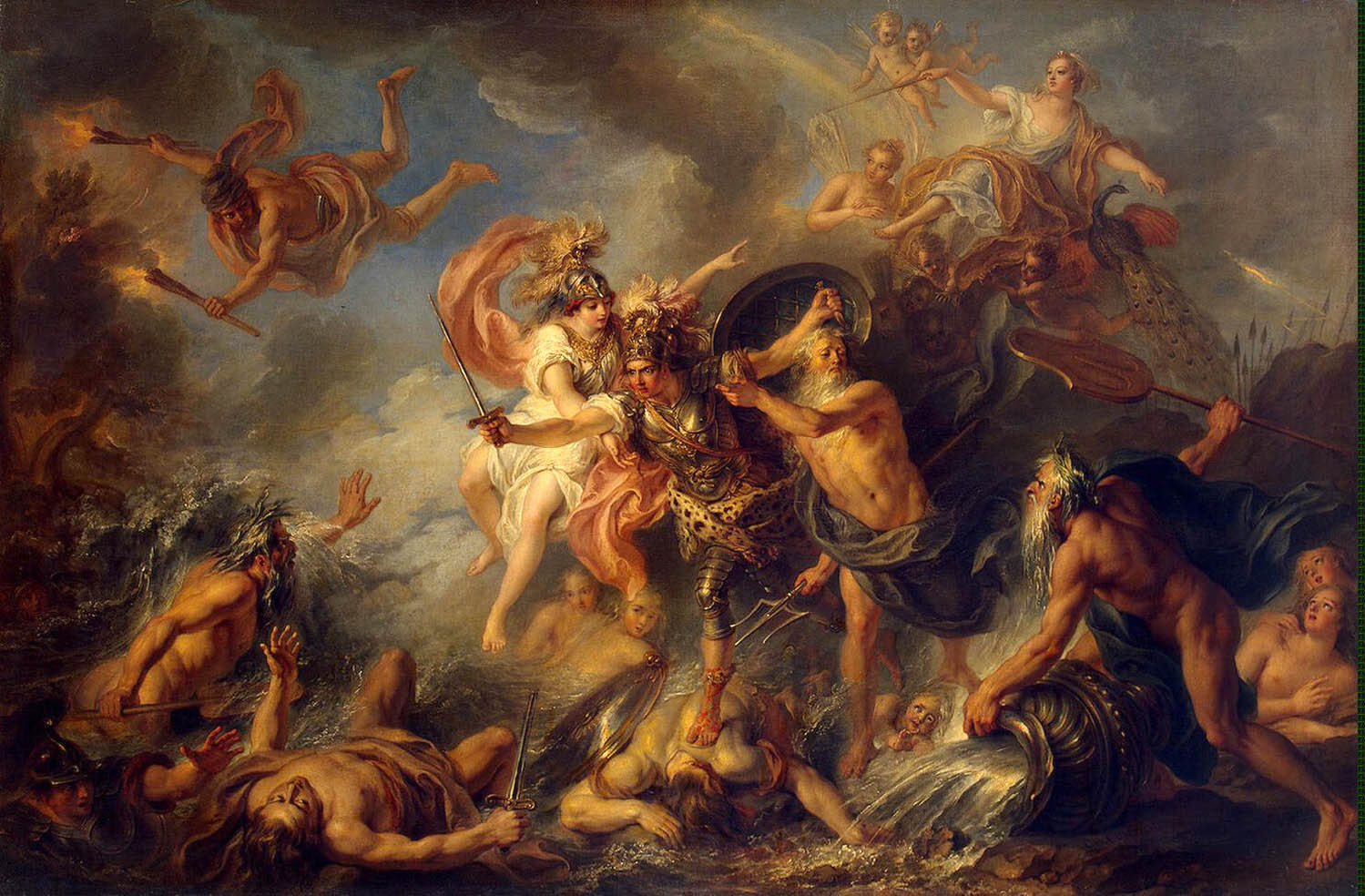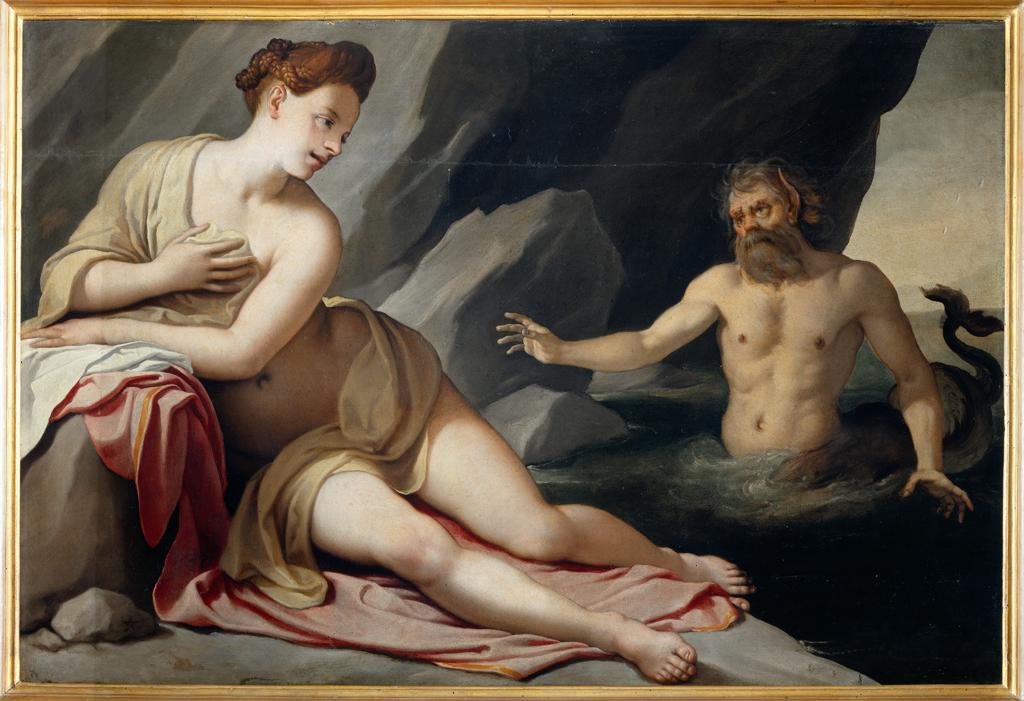He Kept On
By Erisbawdle Cue
He kept on striving to attain an ideality
connected to the good, but grounded in reality.
He kept on working to achieve perfection in the act,
pragmatism on the run with satisfaction’s fact.
He kept on pressing to combine both ecstasy and truth,
to do so now, as an adult, as he had done in youth.
He kept it up—this quest for love of knowledge and the true.
He longed to have it deep inside, so beautiful and new.
He kept on reaching to obtain more power all the time.
He longed to rise upon time’s wings and felt it worth the climb.
A Guy Flopped Out upon a Tile Floor
By Rudi E. Welec, “Abs.”
He lay back down on the ceramic tiles,
his right hand balanced on the surface face.
Though sprawled upon that solid plane, he smiled,
relaxed and pleased, upon that hard, flat place.
He put his right hand underneath his leg,
despite his situation on the floor,
there laughing at himself, a cheerful egg,
insinuating he was good for more.
Sometimes one can let everything just go,
and savor, momentarily, mishaps.
Sometimes it’s good enough to grin and glow;
one can still be content in a collapse.
That guy reminded me there’s more to life
than struggle, strain, the strenuous, and strife.
Variation on a Theme of Archilochus
By Ercules Edibwa
I met him on the battlefield so far from anyone.
I could not help but feel fear. This would not be so fun.
I placed my back against a solid place safe and secure.
I had to have my back protected if I would endure.
He came at me with shield and lance, with fire in his eye.
He was both vile and violent, that fierce, determined guy.
I set my stance. My legs were firm. I would not yield an inch.
I could not help but feel the hand of fate begin to pinch.
I held my shield steadily before his coming lance;
however, he knocked it about. I only had my stance.
But I could not escape, backed in the corner as I was.
From off life’s stem I fell, fast as a dandelion’s fuzz.
Bruce Dale Wise is a poet living in Washington State. He often writes under anagrammatic pseudonyms.
Featured Image: “Fury of Achilles” by Coypel Charles-Antoine
















Charles-Antoine Coypel’s Work
“The wrath of Peleus’ Son, the direful Spring
Of all the Grecian Woes, O Goddess, sing!”
—Alexander Pope, The Iliad
Charles-Antoine Coypel’s work of 1737,
a masterpiece of power, glory, fury, raging heav’n.
Poseidon and Athena have assumed their human forms,
supporting great Achilles as he tow’rds the Trojans storms.
Up in the foreground are Scamander, river god Xanthos,
and also brother Simoeis, t’ Achilles wrath opposed,
both enemies of Greeks, and haters of his fearsome raid.
Up in the sky, torch-clad Hephaestus, rushes to his aid,
sent down upon the battlefield by goddess Hera, Queen
of high Olympus, countering in force what she has seen.
“Variation on a Theme of Archilochus” is an early example of a dodeca, and a first person dramatic monologue. The diction is simple and the sentences are brief. In L2, “feel” counts as a trochee, as does “fire” in L5, “vile” in L6, “yield” in L7, and “shield” in L9. In L10, “he” is accented, even as its shifts in and out prosaic’lly. L12 is reminiscent of Percy Bysshe Shelley (1792-1822) in “Ode to the West Wind, IV”, even while it utilizes the ploy used by Edgar Lee Masters (1868-1950) in his “Spoon River Anthology”—id est, the speaking of the dead. Though there is purposeful alliteration throughout, it is the voiced fricative “v” and the unvoiced fricative “f” that are particularly significant. Rhymes run throughout the poem, not only at the ends of lines; for example, “battlefield”, “yield”, and shield”, etc.